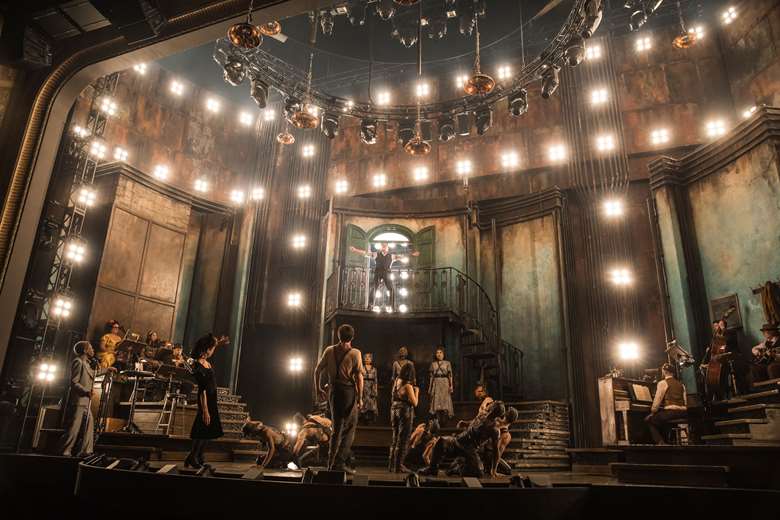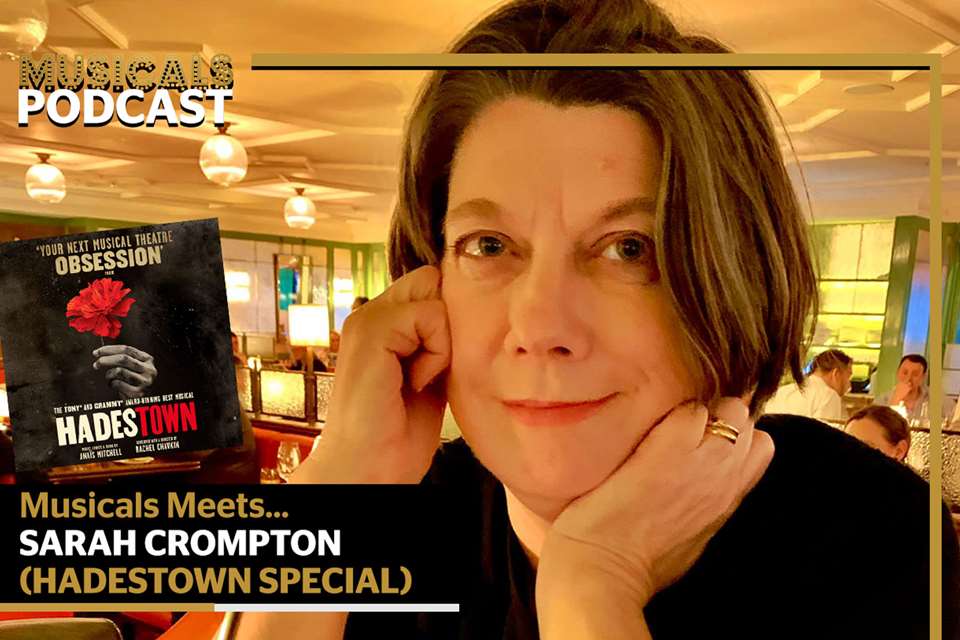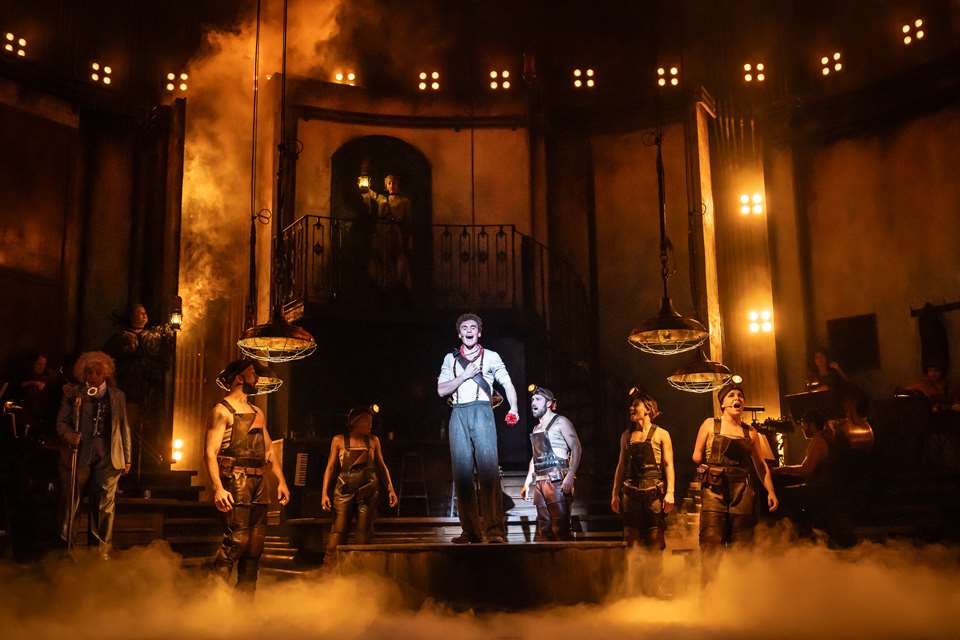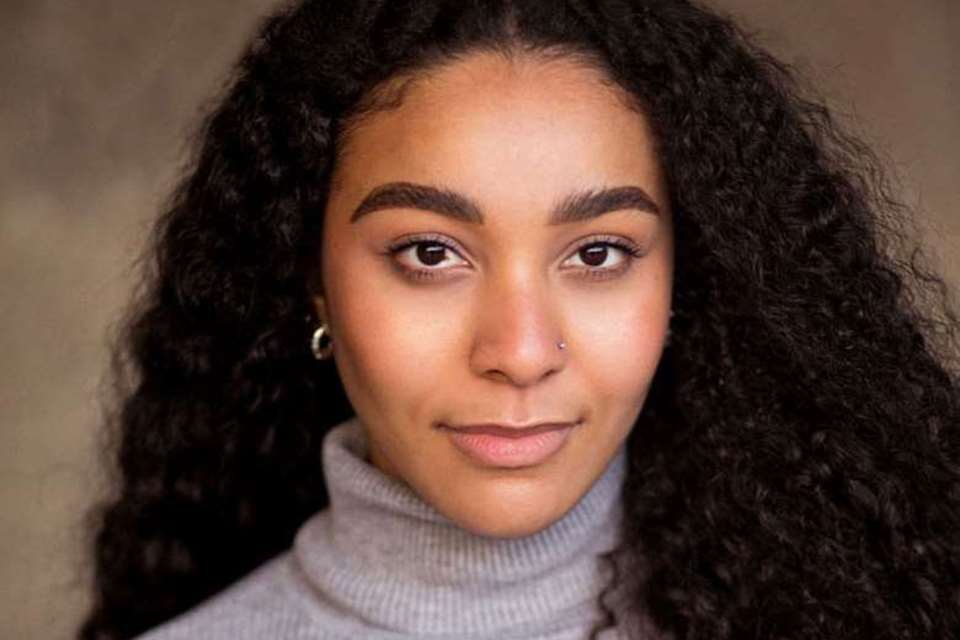Hadestown Rises Again
Sarah Crompton
Thursday, March 28, 2024
Almost 20 years after its genesis, this Greek myth-based ‘musical poem’ continues to evolve and resonate with modern-day audiences. Its latest incarnation, now making its West End premiere, is no exception, finds Sarah Crompton


Register now to continue reading
Thank you for visiting MusicalsMagazine.com. Sign up for a free account today to enjoy the following benefits:
- Free access to 3 subscriber-only articles per month
- Unlimited access to our news, podcast and competitions pages
- Free email newsletter


